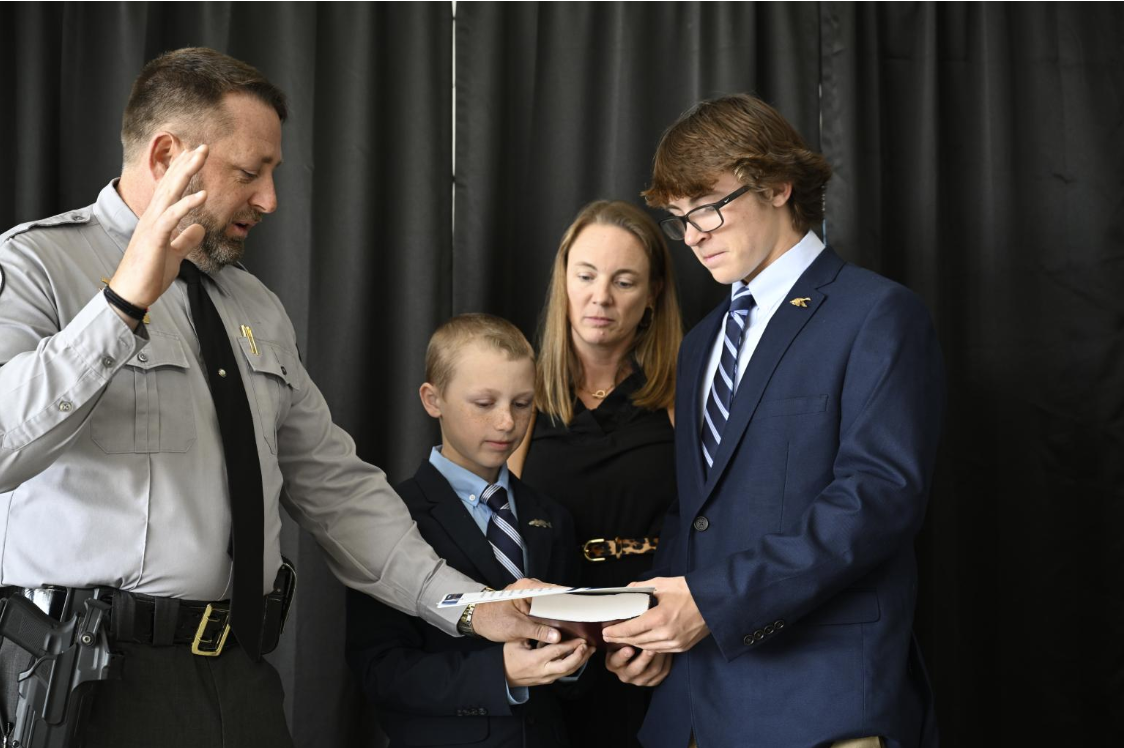
State Department of Health and Human Services officials urge residents to protect themselves and others against heat-related illness as temperatures across the state rise.
Prolonged exposure to heat can lead to dehydration, overheating, heat illness or even death, according to the state.
“Heat exhaustion and other illnesses are serious, and this is the time of year we start to see heat-related hospitalizations rise,” said State Health Director and Chief Medical Officer Dr. Elizabeth Cuervo Tilson, in a statement. “Be aware of the risks, pay attention to how you are feeling when you are outside and take steps to protect yourself.”
Supporter Spotlight
The North Carolina Heat Report shows there were 1,042 emergency department visits for heat-related illness from May 1 to July 10. The most frequent heat-related diagnosis was for heat exhaustion. Visits to emergency departments frequently increase in correlation with spikes in the heat index.
Most of the patients at emergency departments with heat-related illnesses are 45- to 64-year-old males and have been seen in hospitals in North Carolina’s Piedmont and Coastal regions. Common activities noted in emergency department visits were working outdoors and recreation.
The number of emergency departments visits for heat-related illness this year are similar to the summer of 2020. The state advises paying attention to the weather if spending time outside as working and recreation outdoors are common activities that precede heat-related illness in high temperatures.
Symptoms of heat-related illness include muscle cramps, fatigue, weakness, dizziness, fainting, headaches, nausea and vomiting. Children, adults over 65, people without access to air conditioning and those with chronic health conditions are most vulnerable.
If you or someone you know experiences heat-related illness, move to a cool place, drink water, place cold cloths on the body and seek medical attention..
To reduce the risk of heat-related illness:
Supporter Spotlight
- Increase fluid intake.
- Take breaks in an air-conditioned shelter frequently if spending extended time outside.
- Reduce normal activity levels.
- Speak with your physician about how to stay safe if you take medicines that make you more vulnerable to heat, such as drugs for high blood pressure, migraines, allergies, muscle spasms, mental illness and tranquilizers.
- Check on neighbors, and if working outdoors, check on your co-workers.
- Never leave children or pets unattended in vehicles, especially during warm or hot weather, as temperature levels inside a car can reach a lethal level in a matter of minutes.
As emergency departments are seeing increased patients for heat-related illness, health officials continue to urge residents get vaccinated against COVID-19 to protect themselves and others and to reduce the chance of needing care at a hospital. Vaccinations are everywhere and easy to get. People can get a vaccine at no-cost to them and can find a location at www.myspot.nc.gov.
Additionally, Operation Fan Heat Relief — a summer program intended to provide a more comfortable living environment and reduce heat related illnesses for older adults and adults with disabilities — runs through Oct. 31. For eligibility and details on how eligible residents can receive a fan, individuals may contact their Area Agency on Aging or the Division of Aging and Adult Services’ Housing Program Consultant at 919-855-3419.







